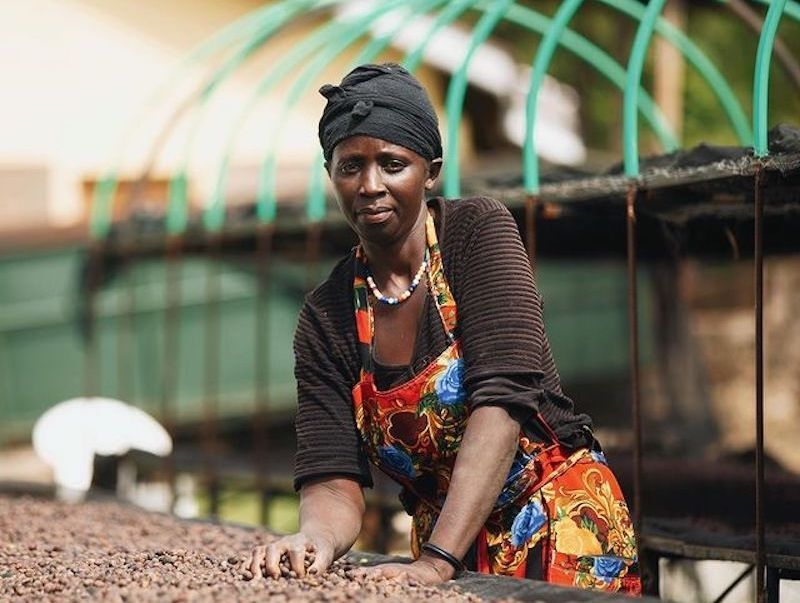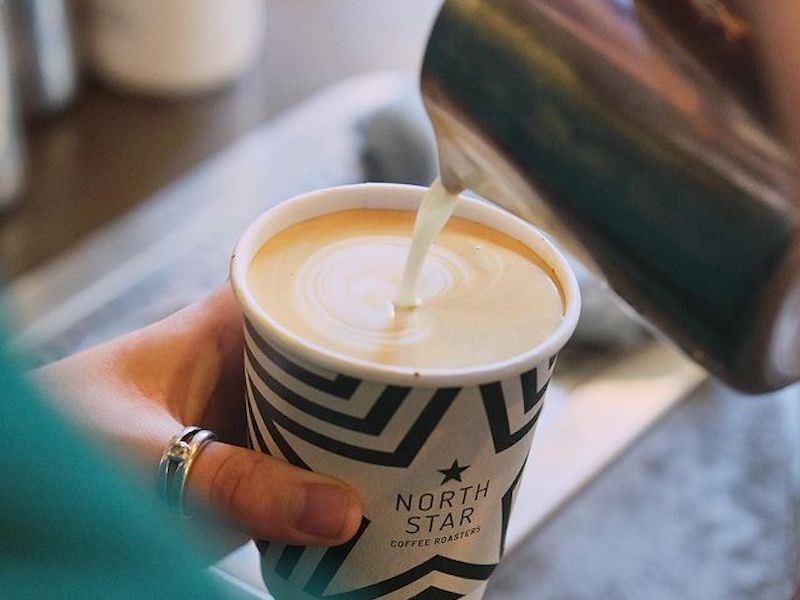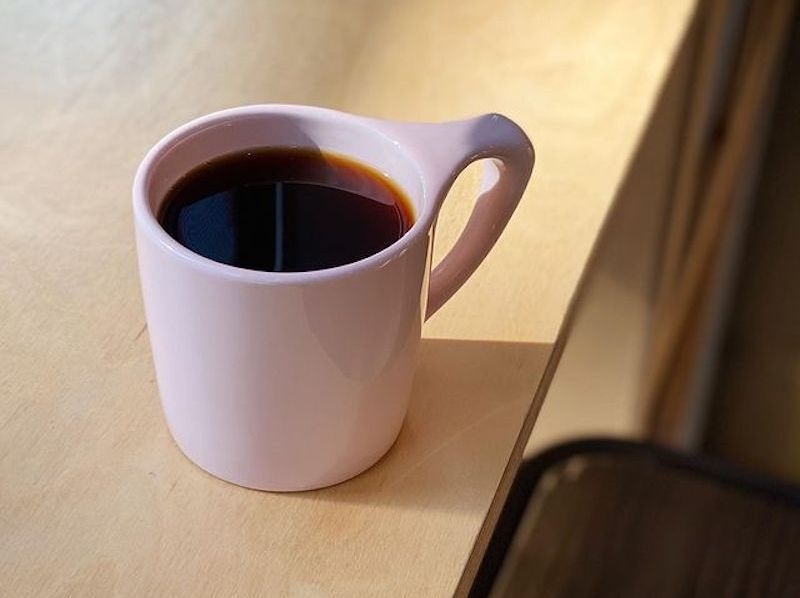Sarah Cotterill discusses the perfect storm in an espresso cup for coffee producers and retailers everywhere
You might remember Mr Bean, a.k.a Jeremy Hunt, enlightening us on the fundamentals of inflation against the backdrop of a London café, using coffee cups to illustrate the paling power of the pound. The price of your daily caffeine fix may act as a perpetual reminder of where the economy could be headed, but it asks us, which luxuries are we willing to sacrifice?
With the current cost of living crisis, it’s a fine balance between provid[ing] the quality product we love to serve, and not charging an arm and a leg for it
“When I started in coffee nowhere near as much care and attention was given to it.” Tom Mason, General Manager of The Plant Collection in Cross Gates, Leeds feels the sharp rise in price, meets the demand for “ethical, fairly traded, speciality grade coffee.”
For Mike Hinze, Shop Manager at Archive Events Space, it was when the price of a latte hit the £3 mark that he really began to pay attention. For Archive, which sources its coffee from a local roastery in Shipley, transparency across the supply chain is paramount.
However, from bean to cup, this supply chain is particularly volatile. Rob Gordon, Northern Account Manager and Coffee Trainer at Union Hand Roasted, explains: “In the last 30 years, the C-Market Price hasn’t really changed, but farmers' costs have continued to grow.”

The C-Market sets the global exchange rate for green Arabica coffee. Here, the price for unroasted beans produced in one of twenty established countries is determined against other commodities such as sugar, cotton and oil. One of the issues for producers and buyers is the fact that trade relies on ‘futures contracts’. Terms are set often months before a farmer brings her crop to market, so a snap of frost or heavy rainfall in the interim could mean she can no longer meet the export price.
However, climate change is just one of the many battles the industry faces. “Most recently the conflict in Ukraine has increased the price of certain fertilisers,” Rob adds.
“[For] farmers tied into futures contracts, increasing the price of their green coffee isn’t possible.” Unfortunately, the knock-on effect results in lower-yielding, lower-quality green coffee.

For Holly Kragiopoulos, Q Grader and CEO at North Star Coffee, environmental concerns are just part of the picture. “For the coffee producer, the system in which they operate was established during colonialism and was always designed to deliver profit to Europe. Today [we] still have very unbalanced power dynamics and this goes for speciality coffee too.”
Rocketing costs have come straight off the back of Covid-19, and the consummation of the VAT holiday for hospitality. Ben Hicks, owner of Mill Kitchen & Bakery in Farsley describes juggling the variables factored into coffee pricing as a “tricky beast".
“For example, our decaf beans are more expensive to us at cost than our regular beans. Likewise, oat milk is more expensive than regular dairy milk. But should a decaf oat flat white [cost] more than a regular flat white?"
It's a controversial question that many businesses have answered by absorbing the markup through other areas of the menu. But it’s not just what goes into the cup that counts. Your takeaway presents another dilemma in itself.
“Everything from milk to takeaway cup lids have become more expensive. With the current cost of living crisis, it’s a fine balance between provid[ing] the quality product we love to serve and not charging an arm and a leg for it.” Mike’s sentiments are echoed across the board. Tom too is mindful of “Charging enough to keep the bills paid, but not too much that the customers will be put off.”

For everyone I’ve spoken to, sacrificing core values to cut costs is not an option. For Chipp Coffee Company based in Holbeck, that means investing in infrastructure to offset their carbon emissions. For North Star, fixing contracts in Sterling to ensure more accurate forecasting has been part of the solution. “We have the ability to pay a price that either rewards those responsible for producing coffee or uphold[s] a cycle of debt and poverty.”
Holly insists it’s crucial that everyone appreciates their role in the system. Customers must, she says “understand the immense power they hold in their ability to decide where they buy their coffee from and how much there is at stake.”
Tom believes that soon, “Something will have to give - charging £4 for a flat white doesn’t seem too far off.” Zach from Chipp adds, “It wouldn't surprise me to see it becoming the norm”. For a Caramel Macchiato at Starbucks, customers are parting with £3.60 already.
Would you stretch to £4 at your favourite independent coffee shop, to support the local economy?
Mike is clear on his privileged position, “Personally I don’t mind paying a premium for what I consider a delicious brew that ethically stands up.” Rob echoes this sentiment, “I think if more consumers knew about the time and effort that has gone into every single cup of [speciality] coffee they would be willing to spend a little more for their daily fix.”
Times are undoubtedly hard for everyone right now but, as Holly is keen to remind me, “There are 25 million families out there depending” on the value you place on your cup of joe.















